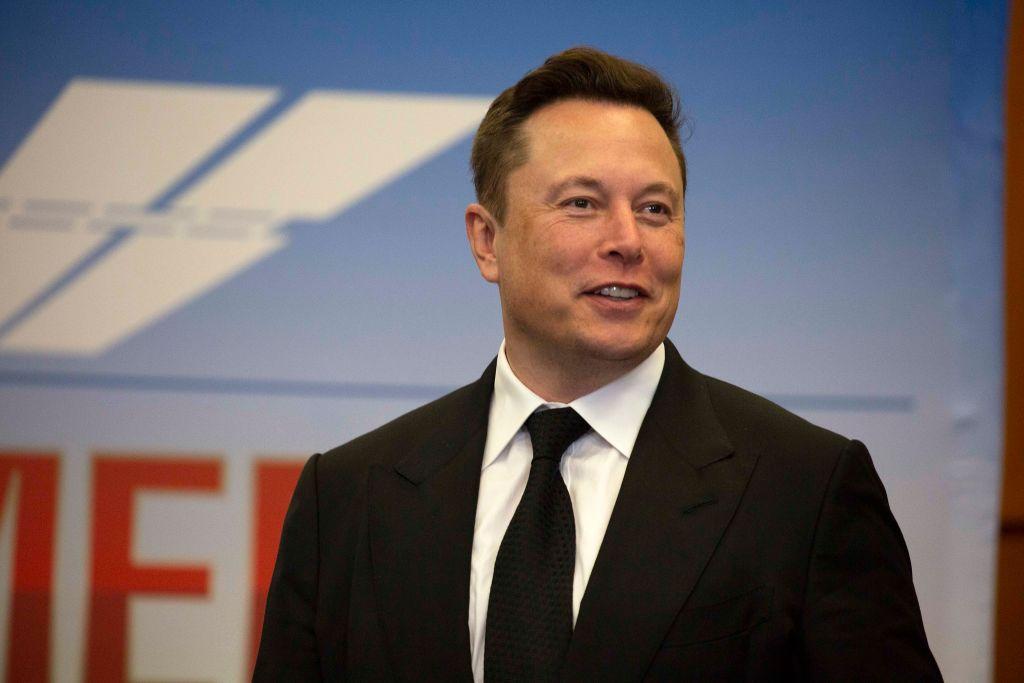Elon Musk, the world-renowned entrepreneur and CEO of Tesla and SpaceX, has once again ignited controversy, accusing prominent German publication Der Spiegel of corruption and financial bias. In a fiery statement on December 30, 2024, Musk alleged that the magazine’s negative reporting against him is driven by funding from Microsoft co-founder Bill Gates.
Allegations of Financial Influence
Musk’s accusations center around claims that Der Spiegel has received financial support from Gates, influencing the magazine’s narratives to portray him unfavorably. This marks the latest in a series of clashes between Musk and traditional media outlets, with the tech billionaire frequently criticizing what he sees as biased reporting against him.
In his statement on X (formerly Twitter), Musk expressed frustration with Der Spiegel, writing, “They take money to smear people who stand against their patrons’ interests. Corruption at its finest.” While Musk did not provide detailed evidence to substantiate his allegations, his remarks have sparked widespread debate across social media platforms and media watchdog circles.
Frequent Battles with Media Giants
This confrontation is not Musk’s first public dispute with journalists and media institutions. Known for his outspoken demeanor, Musk has previously accused several outlets of perpetuating misinformation or intentionally crafting unfavorable narratives. Critics argue that Musk’s comments reflect an attempt to delegitimize journalism that scrutinizes his ventures.
However, supporters contend that Musk is shedding light on the broader issue of financial influence over media independence. The allegations against Der Spiegel have reignited discussions about the role of billionaires and corporate entities in shaping public discourse through press sponsorships.
Netizens React to Musk’s Bold Claims
The allegations have divided public opinion, with netizens taking to social media to voice their thoughts.
User @TruthSeekerX stated, “If Musk is right, this is a dark day for journalism. Investigations are urgently needed!” Meanwhile, @MediaEthicsNow countered, “Baseless accusations against respected outlets harm public trust in both media and whistleblowers.”
Some users expressed skepticism, questioning Musk’s motivations. “Classic deflection by Musk,” wrote @Skeptic101. “When under scrutiny, he blames the press. Convenient timing.” Others defended his stance, such as @TechInnovator12, who posted, “Elon is exposing corruption that nobody else dares to. This is why the establishment hates him.”
Amid the uproar, a measured voice emerged from @JournalismMatters, saying, “Both sides need to back claims with evidence. Transparency is the only way forward.” On the other hand, @SpaceFanatic7 commented, “Musk versus Gates? This is a billionaire drama nobody asked for but everyone’s watching.”
Balancing Media Accountability and Free Speech
While Musk’s claims have yet to be substantiated, the controversy has sparked fresh calls for greater transparency in media funding. Media analysts emphasize that maintaining the public’s trust requires a careful balance between holding powerful individuals accountable and safeguarding journalistic integrity.
As debates continue to unfold, the confrontation between Elon Musk and Der Spiegel has amplified conversations about media ethics and the influence of wealth in shaping narratives.



 Why did Iran bomb Dubai? A Middle East expert explains the regional alliances at play
Why did Iran bomb Dubai? A Middle East expert explains the regional alliances at play  Trump Announces U.S. Strikes on Iran Navy as Conflict Escalates
Trump Announces U.S. Strikes on Iran Navy as Conflict Escalates  Trump to Attend White House Correspondents’ Dinner 2026, Ending Long Boycott
Trump to Attend White House Correspondents’ Dinner 2026, Ending Long Boycott  Argentina Tax Reform 2026: President Javier Milei Pushes Lower Taxes and Structural Changes
Argentina Tax Reform 2026: President Javier Milei Pushes Lower Taxes and Structural Changes  Pentagon Downplays ‘Endless War’ Fears After U.S. Strikes on Iran Escalate Conflict
Pentagon Downplays ‘Endless War’ Fears After U.S. Strikes on Iran Escalate Conflict  Does international law still matter? The strike on the girls’ school in Iran shows why we need it
Does international law still matter? The strike on the girls’ school in Iran shows why we need it  UK Accepts U.S. Request to Use British Bases for Defensive Strikes on Iranian Missiles
UK Accepts U.S. Request to Use British Bases for Defensive Strikes on Iranian Missiles  Middle East Conflict Escalates After Khamenei’s Death as U.S., Israel and Iran Exchange Strikes
Middle East Conflict Escalates After Khamenei’s Death as U.S., Israel and Iran Exchange Strikes  Melania Trump Chairs Historic U.N. Security Council Meeting on Children Amid Iran Conflict
Melania Trump Chairs Historic U.N. Security Council Meeting on Children Amid Iran Conflict  Australia Rules Out Military Involvement in Iran Conflict as Middle East Tensions Escalate
Australia Rules Out Military Involvement in Iran Conflict as Middle East Tensions Escalate  Iran Detains U.S. Citizens Amid Escalating Conflict With the United States and Israel
Iran Detains U.S. Citizens Amid Escalating Conflict With the United States and Israel  Trump and Merz Meet at White House Amid Iran Strikes and Trade Tensions
Trump and Merz Meet at White House Amid Iran Strikes and Trade Tensions  Zelenskiy Urges Change in Iran After U.S. and Israeli Strikes, Cites Drone Support for Russia
Zelenskiy Urges Change in Iran After U.S. and Israeli Strikes, Cites Drone Support for Russia  U.S. Deploys Tomahawks, B-2 Bombers, F-35 Jets and AI Tools in Operation Epic Fury Against Iran
U.S. Deploys Tomahawks, B-2 Bombers, F-35 Jets and AI Tools in Operation Epic Fury Against Iran  U.S.-Israel War on Iran Escalates as Gulf Conflict Disrupts Oil, Air Travel and Regional Security
U.S.-Israel War on Iran Escalates as Gulf Conflict Disrupts Oil, Air Travel and Regional Security  U.S. Lawmakers Question Trump’s Iran Strategy After Joint U.S.-Israeli Strikes
U.S. Lawmakers Question Trump’s Iran Strategy After Joint U.S.-Israeli Strikes  Israel Strikes Hezbollah Targets in Lebanon After Missile and Drone Attacks
Israel Strikes Hezbollah Targets in Lebanon After Missile and Drone Attacks 































